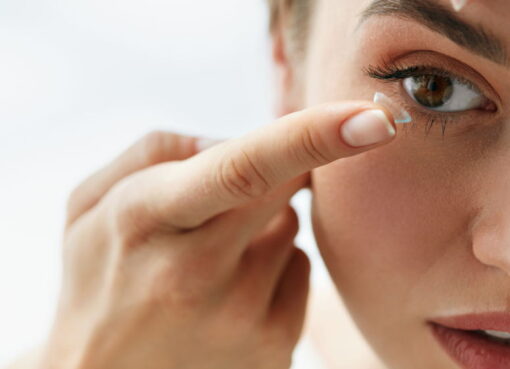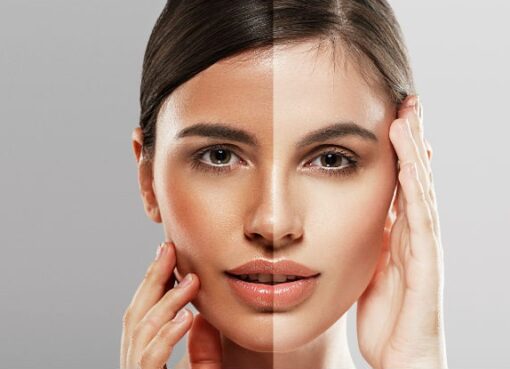Tooth sensitivity is certainly not a new term. It is often associated with toothpaste commercials which claim to help reduce tooth sensitivity. If you feel a shooting pain when eating or drinking such as having cold ice cream or drinking sweet beverages, you may be having a sensitive tooth. In this DoctorOnCall article, we will be knowing more about tooth sensitivity and its most common causes.
Sensitive teeth or dentin hypersensitivity is defined as a short sharp pain derived from exposed dentin in response to non-noxious stimuli (triggers that usually do not cause harm) such as chemical, thermal or tactile or touch and osmotic. Dentin is a structure making up a tooth and supporting the enamel. This means that a person with a sensitive tooth will experience a mild twinge to a great discomfort when the exposed dentine is in contact with the stimuli. This can last up to several hours. Tooth sensitivity is common in those aged 20 to 40 years old.
Now we know more about how tooth sensitivity occurs and who is most likely to get affected, what is the most common cause of this phenomenon?
1- Dental erosion. This is caused by loss of tooth enamel due to acid exposure. This acid usually comes from acidic food and drinks such as carbonated drinks, yoghurt, citrus fruits like oranges and lemon and dairy products. Frequent consumption of food high in sugar can also cause erosion.
2- Improper tooth brushing. While brushing teeth certainly helps to provide oral hygiene, brushing too hard or side to side can easily make the enamel layer become thinner. Using hard or thick bristle toothbrushes may cause more abrasion to the enamel.
3- Tooth grinding. Also known as bruxism, is a habit of clenching and grinding teeth as a way of the body’s response towards stress.
4- Gingival recession. A gum disease involving the gum shrinkage and exposing the roots of the teeth.
5- Tooth bleaching. This tooth whitening procedure usually causes temporary tooth sensitivity. Over the counter (OTC) painkillers should be able to provide relief.
Since having a sensitive tooth certainly brings great discomfort and even misery to those experiencing it, finding relief is certainly a must. Luckily there are many toothpastes brands in the market catered to help ease the symptoms. It is best to use the toothpaste twice a day by using a soft bristle toothbrush and to use a minimum amount of water when brushing. These measures help to maximise the positive effect of the toothpaste. You can always ask your dentist to help with recommendations on which toothpaste is most suitable for you. Nonetheless, these toothpastes may take from days to weeks for you to experience the positive effect. Hence, be patient and practise a good brushing habit.
If these toothpaste does not provide you the satisfaction you need, the dentist may actually recommend you to get treatment directly in their office. The affected teeth will be treated with desensitising products in forms of fluoride gels, mouthwash rinses or varnishes. In some cases, you may be offered a seal or fill around the tooth to cover the exposed dentine.
Once you realise you have a sensitive tooth, avoiding food or drinks triggering the pain is the best way to avoid the pain. It is vital to brush your teeth regularly because if you catch other oral diseases or gum diseases like a build-up plaque or tartar due to irregular brushing habits, the tooth sensitivity will get worse. If you have tried to treat sensitive teeth on your own, for a few weeks and see no sign of improvement, getting a dentist to check is advisable as sensitive teeth may indicate a much serious tooth problem. Know about our Hajj Vaccination package.





